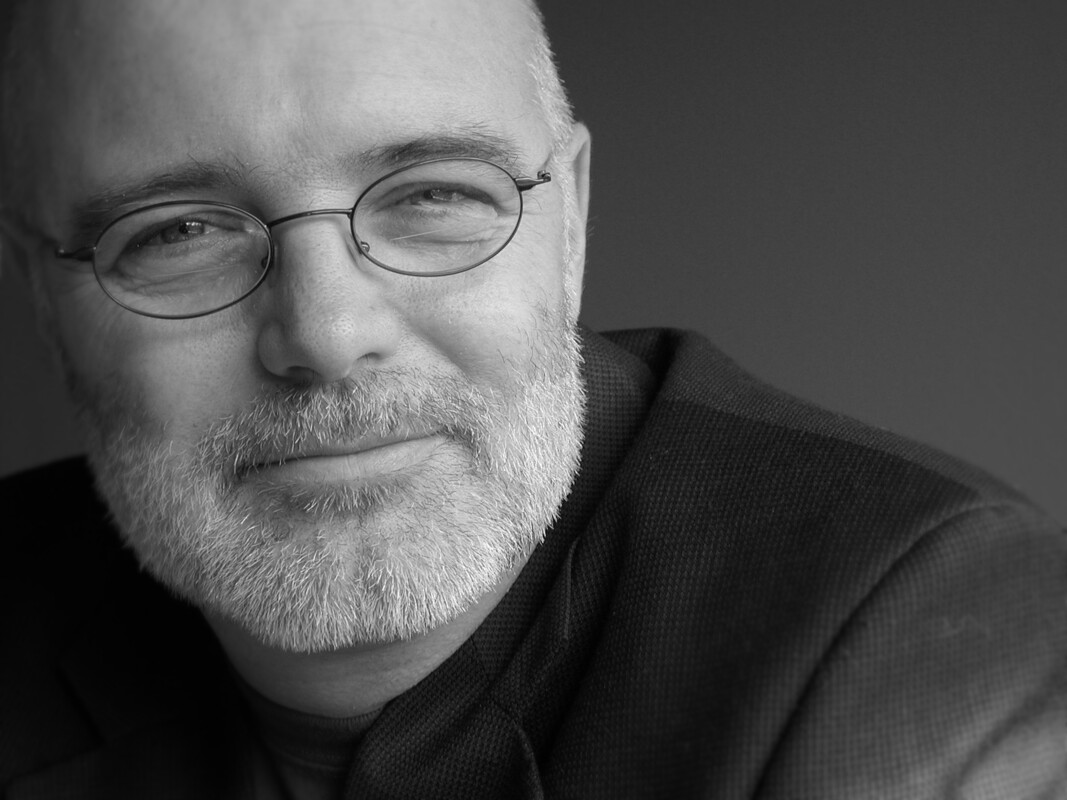Faith Beyond All Answers: A Response to John Piper’s Theodicy
John Piper didn’t waste any time. Six days after the devastating earthquake in Japan, he published a post on his Desiring God blog entitled “Japan: After Empathy and Aid, People Want Answers.” Here the revered Reformed Baptist theologian and pastor plunges (as he has done on many occasions before) boldly into the field of theodicy. […]
